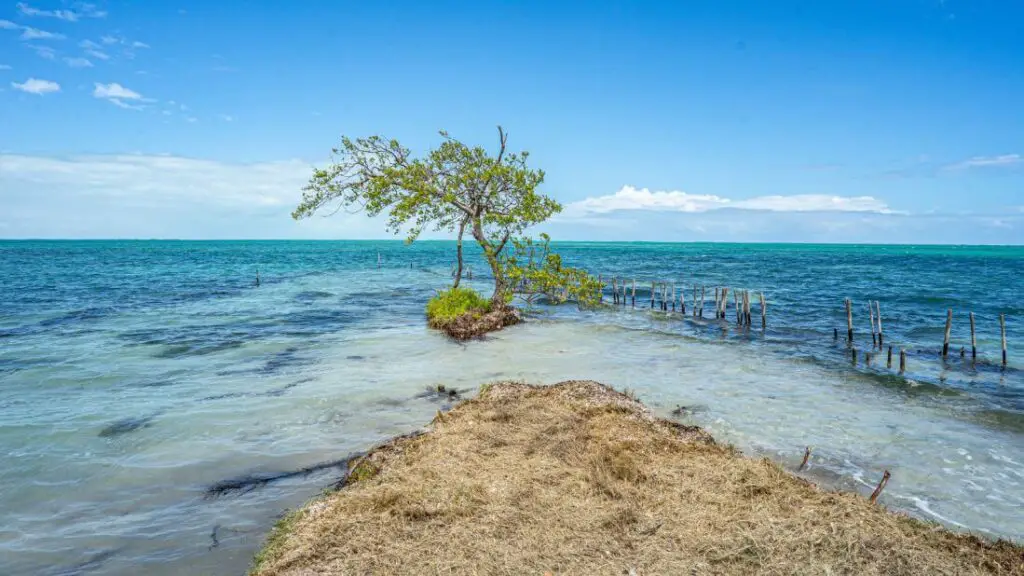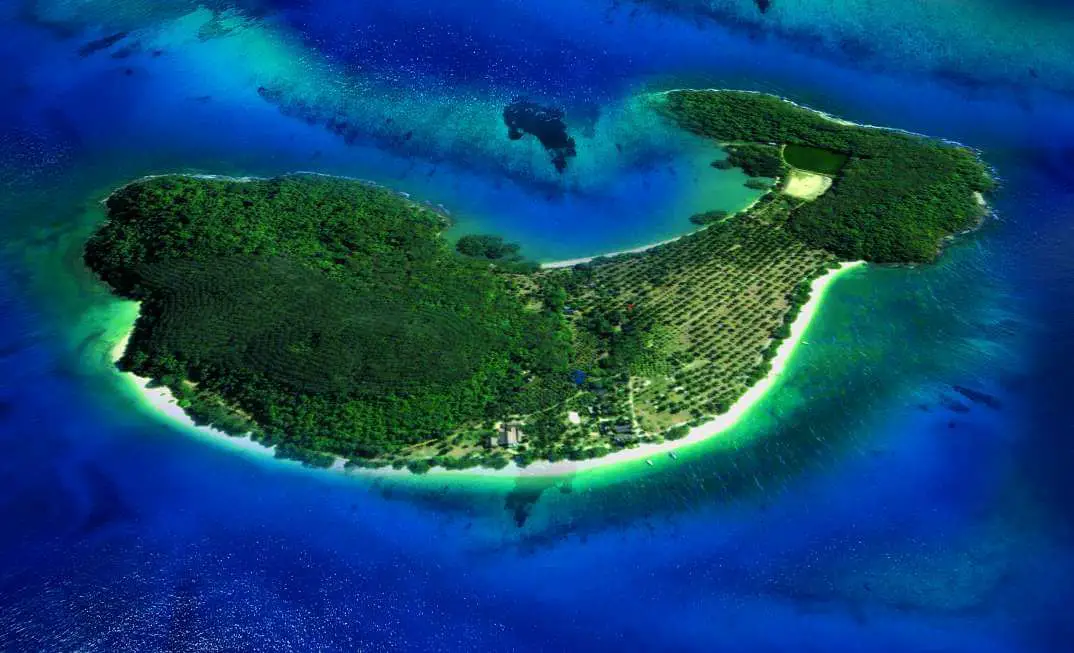Yes, you can establish your own country by purchasing an island, provided it’s not already claimed by another sovereign nation. However, establishing a recognized independent state involves fulfilling numerous legal and diplomatic requirements beyond simple ownership.
Overview of Micronations and Island Ownership
Micronations, often established on islands, are entities claiming independence but lacking recognition from established governments or international bodies. These ventures typically arise due to ideological, cultural, or political motivations. Island ownership presents unique challenges and opportunities for micronations:
- Sovereignty Claims: Micronations assert sovereignty over their territories, often citing historical, legal, or symbolic reasons.
- Legal Ambiguity: The legal status of micronations varies widely, with many existing in a gray area of international law.
- Recognition Struggles: Securing recognition from other nations is a significant hurdle, as most governments are hesitant to acknowledge micronations.
- Resource Management: Island micronations must address infrastructure development, environmental conservation, and sustainable resource management.
Despite these challenges, micronations continue to attract attention and curiosity, serving as experiments in governance, self-expression, and community-building.
International Law and Recognition for Statehood

International law plays a very important role in determining the recognition of statehood, shaping the interactions between nations and establishing the criteria for sovereignty. Understanding the principles and processes involved is essential for aspiring nations seeking recognition on the global stage.
Montevideo Convention:
- The Montevideo Convention of 1933 serves as a foundational document in international law, establishing the criteria for statehood.
- According to the convention, a state must possess four essential elements: a defined territory, a permanent population, a government, and the capacity to enter into relations with other states.
- These criteria provide a framework for assessing the legitimacy of aspiring nations and their claims to sovereignty.
Recognition Challenges:
- While the Montevideo Convention outlines the criteria for statehood, it does not guarantee automatic recognition by other nations.
- Securing recognition from established governments and international organizations is a complex and often protracted process.
- Many factors influence the decision to recognize a new state, including geopolitical considerations, diplomatic relations, and regional dynamics.
Diplomatic Outreach:
- Diplomatic outreach plays a crucial role in gaining recognition for aspiring nations. Establishing diplomatic relations with other states and engaging in dialogue with international organizations can help legitimize a new state’s claims to sovereignty.
- Building alliances and garnering support from influential nations can bolster the legitimacy of a fledgling state and enhance its prospects for recognition.
Legal Implications:
- The legal implications of statehood extend beyond diplomatic recognition to include rights and responsibilities under international law.
- Recognized states enjoy certain privileges, such as the ability to enter into treaties, engage in trade, and participate in international organizations.
- However, they also bear obligations, including adherence to international norms, respect for human rights, and compliance with international agreements.
Challenges to Recognition by Other Nations
The challenges faced by micronations in gaining recognition from other nations are multifaceted and often intertwined with geopolitical complexities. Here is a breakdown of some key challenges:
| Challenges | Explanation |
|---|---|
| Territorial Disputes | Many islands are already claimed by existing nations, leading to disputes over sovereignty and territorial integrity. |
| Legal Ambiguity | The legal status of micronations is often unclear, creating uncertainty in international law and diplomatic relations. |
| Reluctance from Established Nations | Established nations may be hesitant to recognize micronations due to concerns about stability and potential conflicts. |
| Lack of Diplomatic Infrastructure | Micronations often lack the diplomatic infrastructure and networks needed to engage with other countries effectively. |
| Economic and Strategic Interests | Powerful nations may prioritize their economic and strategic interests, leading them to ignore or oppose micronational claims. |
Limitations and Responsibilities of Island Ownership
Owning an island comes with both limitations and responsibilities that extend beyond mere property ownership. Here are some key considerations:
- Infrastructure Development: Developing essential infrastructure such as utilities, transportation, healthcare, and education facilities requires significant investment and planning.
- Environmental Stewardship: Island ecosystems are often fragile and vulnerable to environmental degradation. Responsible stewardship of natural resources is essential to preserve biodiversity and mitigate the impact of human activities.
- Sustainable Development: Balancing economic development with environmental conservation is crucial for the long-term sustainability of island communities. Adopting sustainable practices in industries such as tourism, fishing, and agriculture can help minimize negative impacts on the environment.
- Community Engagement: Engaging with local communities and respecting indigenous rights is essential for fostering social cohesion and preserving cultural heritage.
- Legal Compliance: Adhering to local regulations and international laws governing land use, environmental protection, and indigenous rights is paramount to avoid legal disputes and penalties.
Steps to Establishing a Micronation

Establishing a micronation is a complex process that requires careful planning, legal research, and diplomatic outreach. Here are the key steps involved:
- Legal Research:
- Conduct thorough research into international law and the requirements for statehood outlined in conventions such as the Montevideo Convention of 1933.
- Consult with legal experts to understand the legal implications of declaring independence and asserting sovereignty.
- Territorial Acquisition:
- Identify a suitable territory for your micronation, such as an uninhabited island or a disputed territory with a low population density.
- Negotiate the acquisition of the territory through legal means, ensuring compliance with relevant laws and regulations.
- Government Formation:
- Develop a governing structure and establish institutions to administer the affairs of the micronation.
- Define the roles and responsibilities of government officials and establish mechanisms for decision-making and governance.
- Diplomatic Outreach:
- Engage in diplomatic outreach with neighboring countries and international organizations to seek recognition for your micronation.
- Build alliances and garner support from influential nations to bolster the legitimacy of your fledgling state.
- Infrastructure Development:
- Invest in the development of essential infrastructure, including utilities, transportation, healthcare, and education.
- Ensure access to basic services and amenities for the population to support sustainable development.
- Promotion and Advocacy:
- Promote the values and ideals of your micronation through advocacy efforts and public relations campaigns.
- Engage with the global community to raise awareness of your micronation and garner support for its recognition.
Case Studies of Micronations
Here are two notable case studies of micronations:
| Micronation | Background |
|---|---|
| Sealand | Sealand, located off the coast of England, declared independence in 1967. It was founded on an abandoned sea fort in the North Sea. Despite its self-proclaimed status as a sovereign principality, Sealand remains unrecognized by the international community. Legal challenges and disputes have hindered Sealand’s efforts to establish sovereignty. Despite its small size, Sealand has its own flag, currency, and even a national football team. Its unique status as a self-proclaimed micronation has attracted attention from enthusiasts and researchers alike. |
| Liberland | Liberland, situated on a disputed territory between Croatia and Serbia, proclaimed its independence in 2015. The micronation was founded by Vít Jedlička, a Czech politician and activist. Despite its declaration of independence, Liberland has yet to gain recognition from other states. Border disputes and legal challenges have impeded Liberland’s quest for sovereignty. Nevertheless, Liberland has attracted international attention for its libertarian ideals and innovative approach to governance. Its founders envision a future where Liberland serves as a beacon of freedom and innovation. |
Conclusion
In conclusion, the dream of creating a micronation by purchasing an island is fraught with complexities. Legal ambiguities, territorial disputes, and diplomatic challenges hinder recognition. Case studies of Sealand and Liberland exemplify the hurdles faced by aspiring nation-builders. Despite their efforts, establishing sovereignty remains elusive. Micronational endeavors highlight the intricate interplay of law, politics, and diplomacy in the quest for self-determination.
References:
https://www.deseret.com/2022/3/11/22972899/caribbean-island-own-country-micronation-marshall-mayer-lets-buy-an-island-project/
https://www.curbed.com/2022/03/islandia-belize-micronation.html

